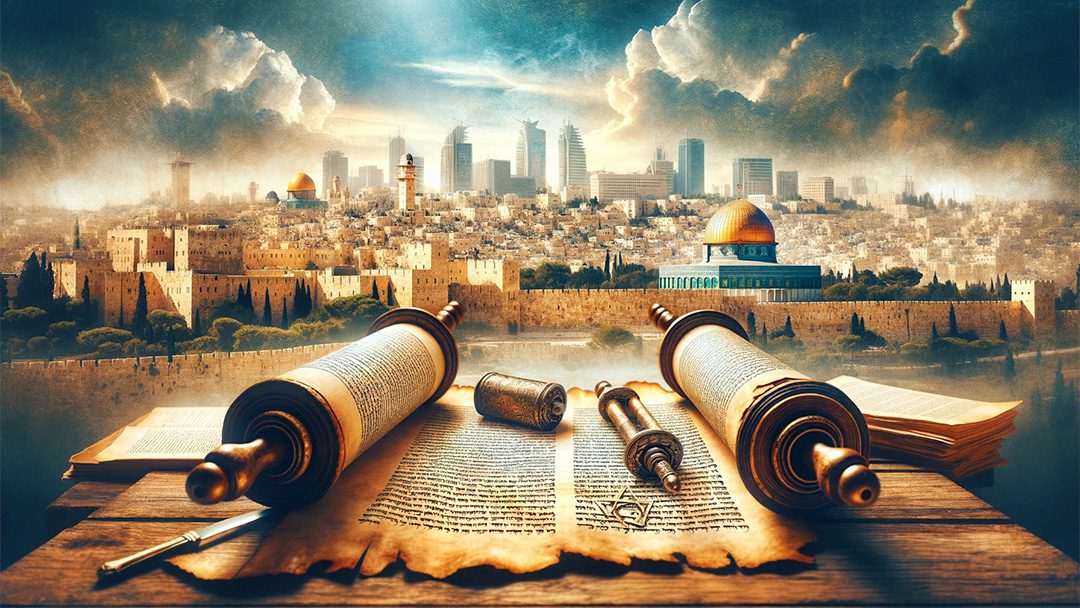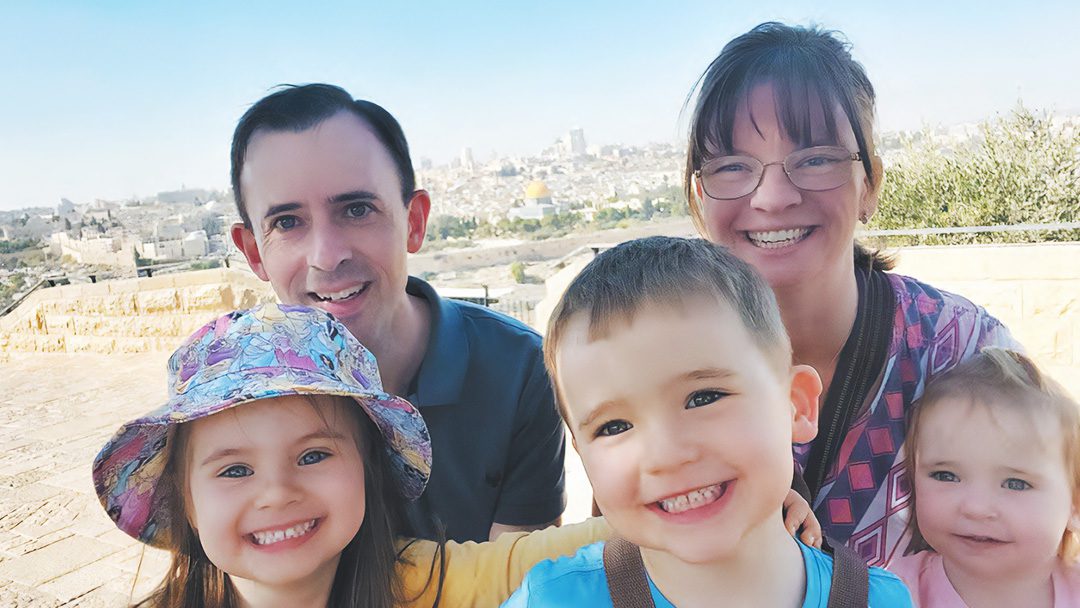After nearly five months of war, our reserve soldiers are starting to come home. On the morning of 7 October, as the IDF generals and the Israeli government were trying to make sense of the attacks that had surprised Israel just a few hours earlier, the IDF issued hundreds of thousands of emergency draft notices to reserve soldiers all over the country. It was the holiday of Simchat Torah, and young men received calls and departed the synagogue in a hurry, rushing home to change into a uniform and rush to the front. The vast majority of those reserve soldiers who called up that day remained on active duty until recently.
Beginning in January, the army started releasing most reserve soldiers. I had two sons and a son-in-law in the reserves. Today, only my son-in-law is still serving. As we meet friends and neighbours in the shops or synagogues, we exchange the news—who has come home and is still in. Most of my friends are able to rejoice in the return of their sons. Unfortunately, some of my neighbours have lost sons or grandsons. Others are worried about their wounded relatives. But I thank God each and every day that He kept my sons safe and brought them home safely. The war is far from over, but it has entered a new phase that allows most of the reserves to come home, at least for now.
When the war began, Israel was embroiled in a civil conflict unprecedented in Israel’s short history. Just over a year ago, the newly elected Israeli government proposed a far-reaching judicial reform, which sparked a controversy that shocked many on both sides of the divide. Accusations were flung across the aisle in the Knesset but spilled over into the streets. It is likely that the acrimonious atmosphere contributed to Hamas’ decision to attack Israel when it did. It likely assumed that Israel was at a weak point, plagued as it was by internal dissension.
But Hamas underestimated the Jewish people. Within minutes of the attack, the country came together with a solidarity and willingness for self-sacrifice that provided a welcome antidote to the hatred and evil that Hamas spewed across the Gaza lines. As soldiers joined their units and fought shoulder-to-shoulder against this heinous enemy, they buried their differences and fought as brothers. And when they had some downtime between battles, they shared their diverse opinions with one another—varying religious and political positions were common. But there was always an atmosphere of mutual respect.
During the first months of the war, all public political debates were shoved off the table. But recently, unfortunately, they are creeping back into popular discourse. Again and again, we are hearing calls for elections, as many in Israel do not trust Netanyahu and the original coalition government. Netanyahu’s supporters are, once again, accusing his rivals, Gantz and Lapid, of stirring unrest and dissension.
And in the middle of all of this are the reserve soldiers. They are returning from months in difficult and dangerous conditions, having looked death in the eyes. Many have lost friends and neighbours or witnessed terrible scenes as they fought for Israel. And they are turning to the politicians and saying: Enough! Keep your childish, egotistical thoughts to yourselves. Focus on defeating Hamas and releasing the hostages. Don’t you dare stop the war until victory is achieved.
We sent our soldiers off to war to save the country. Now, they have returned and will, hopefully, save the country from the politicians. That is not to say that our political leaders are bad. There is overwhelming support in Israel for the way the war is being handled, and there is pride in the accomplishments of our soldiers alongside frustration for the fact that 134 of our people are still held hostage by Hamas and that Hamas’ leader, Yahya Sinwar is still hunkered down in some tunnel waging war against us. But we are tired of the political games.
There is another series of political games, far more lethal than what is playing out in Israel, that is affecting developments in our country. US President Joe Biden is desperately trying to win re-election come November. His initial response to the Hamas attack was indeed amazing, and the ongoing provision of vital military supplies to Israel is critical. But Biden is losing support among the growing anti-Israel wing in the Democratic Party. They are not happy with Biden’s support for Israel and are threatening to stay home come November, which may well hand the presidency to Biden’s opponent, former President Donald Trump. So Biden has begun to turn the screws on Israel— blaming Israel rather than Hamas for the situation of Gazan civilians and trying to prevent Israel from continuing the battle in Rafah. Biden is insisting that Israel refrain from moving Gazans out of Rafah, a totally humanitarian move to protect them from the anticipated battle. However, if Israel does not move them, it will be accused of massacring Gazans in Rafah. The obvious solution would be for the US to pressure Egypt to allow the Gazans into their territory, but Biden will not pressure Egypt.
Israel has a unique opportunity to defeat Hamas and save millions all over the world from the deadly arm of this evil terrorist organisation. But politicians all over the world are too busy looking out for their political careers, worrying about their Muslim and anti-Israel constituents to take a clear look at the situation and do what’s right.
This is no time for games. Lives are at stake. In a few weeks or months, many of our reserve soldiers will be called back to active duty. The war will go on for a long time. And this is where you can help. Regardless of who your political leaders are and what they think of Israel, you can make a difference. Raise your voices for Israel in your community and combat the horrible voices of evil. And give. Give to support security needs in the Biblical Heartland. You can help us save lives. You can rise above the games and make a difference.












0 Comments